What is a multimeter?
A multimeter is a precision measurement instrument used in the electrical industry to measure two or more types of parameters within an electrical circuit. Those parameters typically include voltage, current & resistance. Operators utilize test “probes” or test “leads”, which look like red and black wires, to establish a temporary connection between the multimeter and the electrical circuit, which enables the multimeter to produce measurement values.
The “multi” portion of the word “multimeter” refers to the multi-tasking nature of the instrument. In contrast, electronic measurement instruments that measure a single electronic property are available. For example, a voltmeter can be used to measure voltage in a circuit, while an ammeter can be used to measure electric current. While these are both useful tools, the multimeter is a more comprehensive solution, as it can provide measurement values for several types of electrical properties.
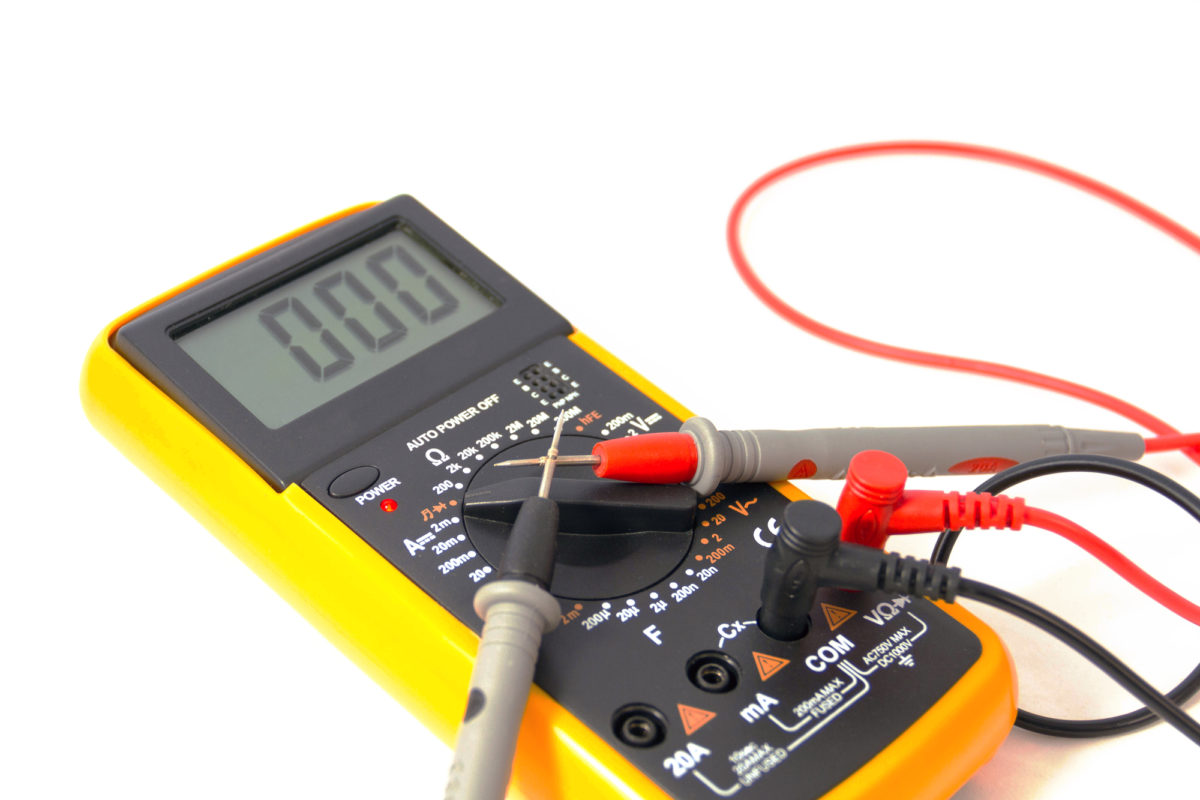
How are Multimeters Used?
Multimeters have a wide variety of uses. They are extremely common and can be found in nearly ever industry that performs electronic testing or repairs. In the electrical field, multimeters help operators determine whether there are problems within an electrical circuit. If a problem is detected, the multimeter can help the operator determine what that problem is by enabling the operator to obtain measurement values for different properties such as voltage and current.
For example, these instruments can be used to test whether outlets, switches, or even batteries are active. Multimeters can test capacitance of an electrical device, which is the ability of the system to store an electric charge. They can also test resistance in electrical components such as wires or capacitors, and whether a circuit is receiving the correct amperage, or electrical current. In some cases, multimeters can also test frequency.
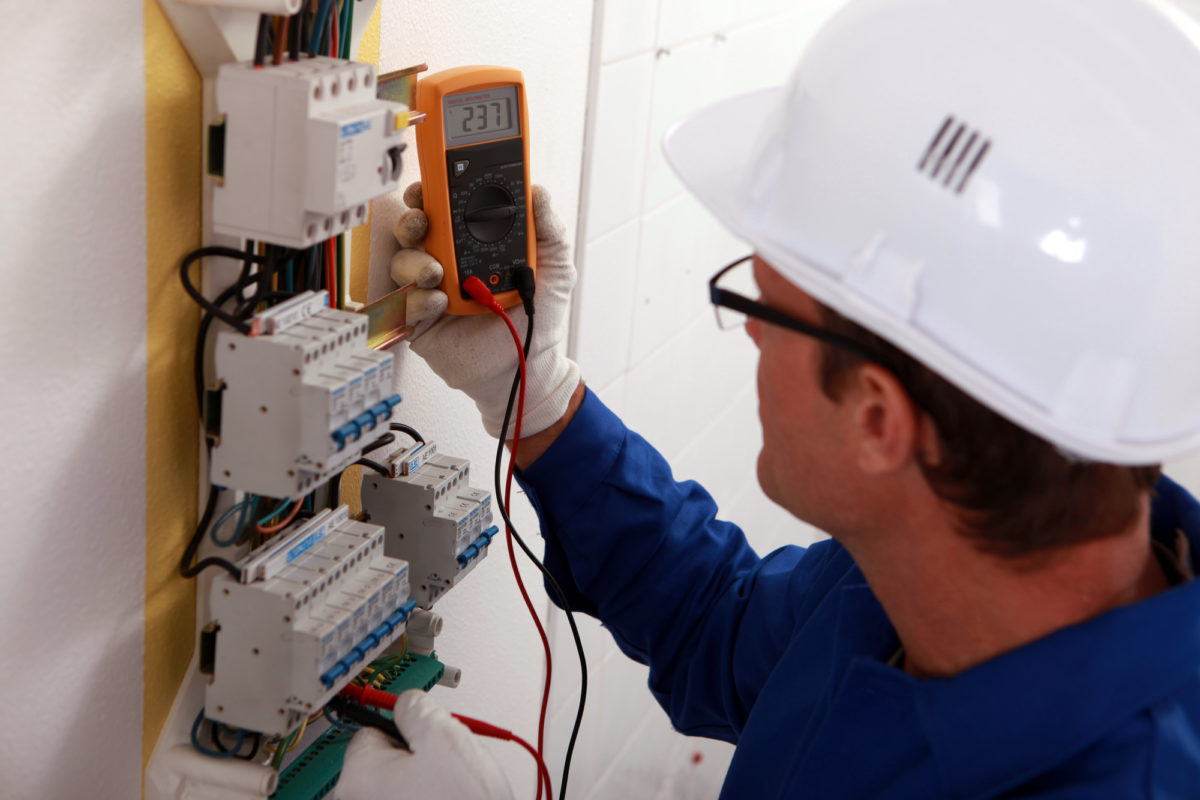
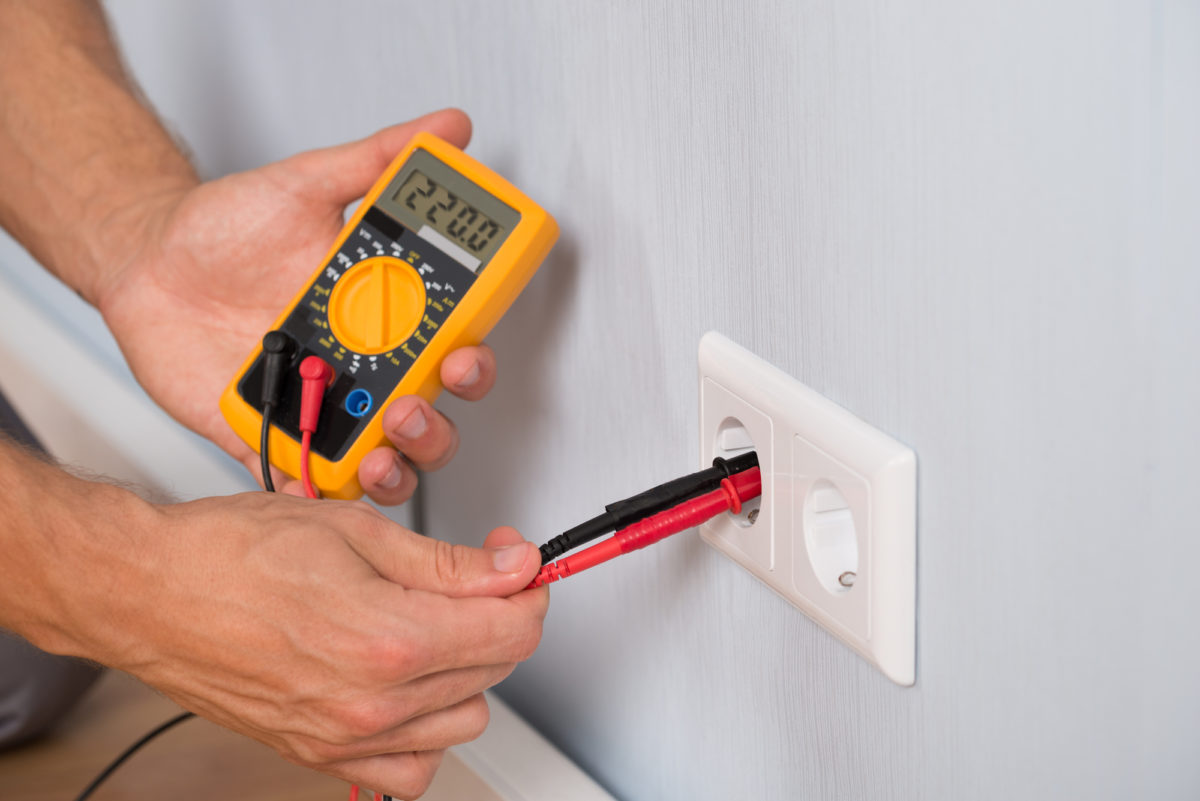
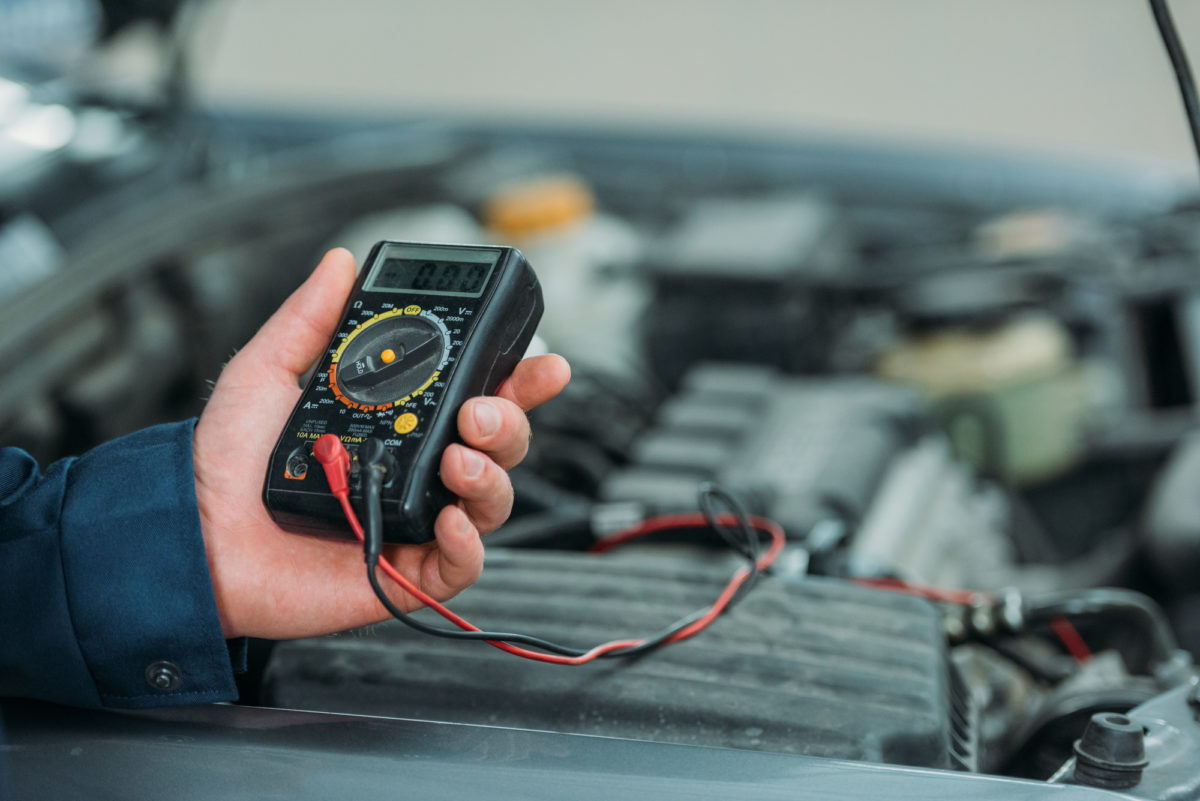
Additional measurements that can be provided by different types of multimeters
- Capacitance
- Conductance
- Decibels
- Temperature
- Continuity
- Diode
- Light level
- Acoustics
- Acidity/alkalinity(pH)
- Relative humidity
Types of Multimeters
These instruments vary in size and included features. Both of those factors greatly impact the instrument’s price. There are handheld, portable options that are designed to be used in the field, bench-style instruments, and laboratory grade models available. There are also different display options. While the most commonly used multimeters feature a digital display, there are analog options available as well, which utilize a needle to display measurement values.
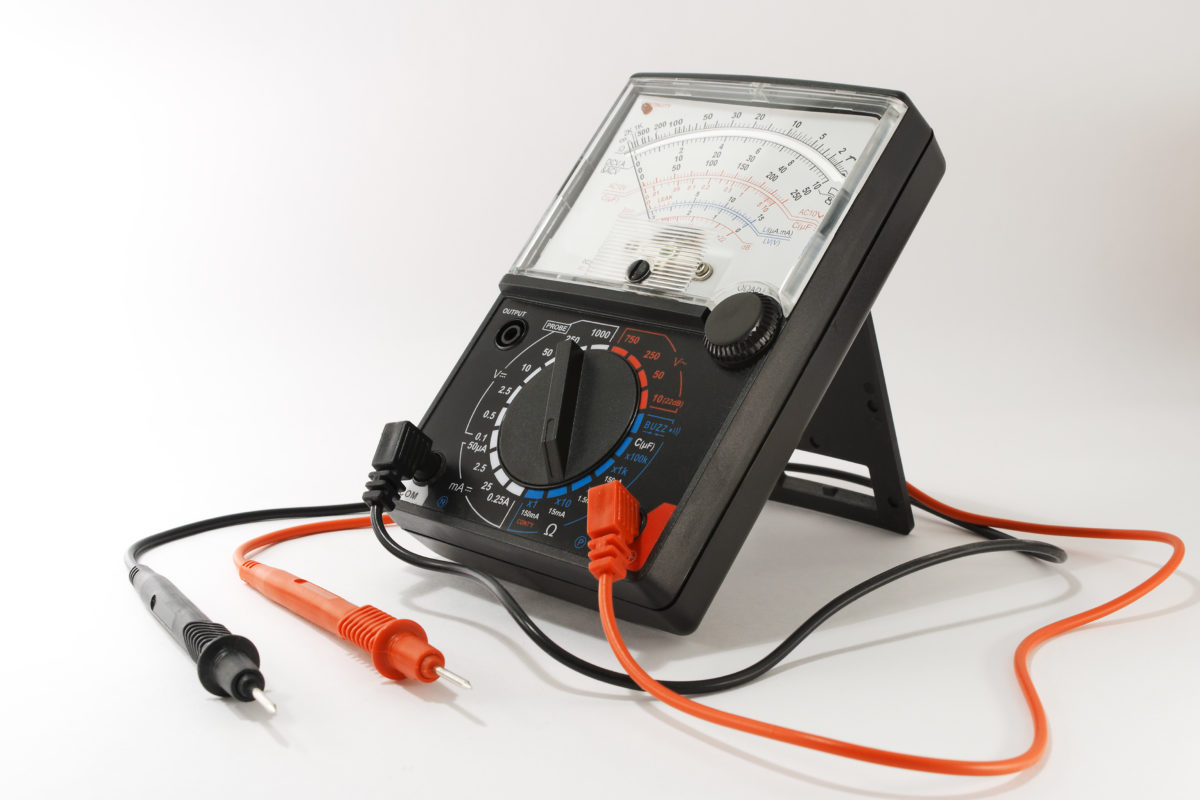
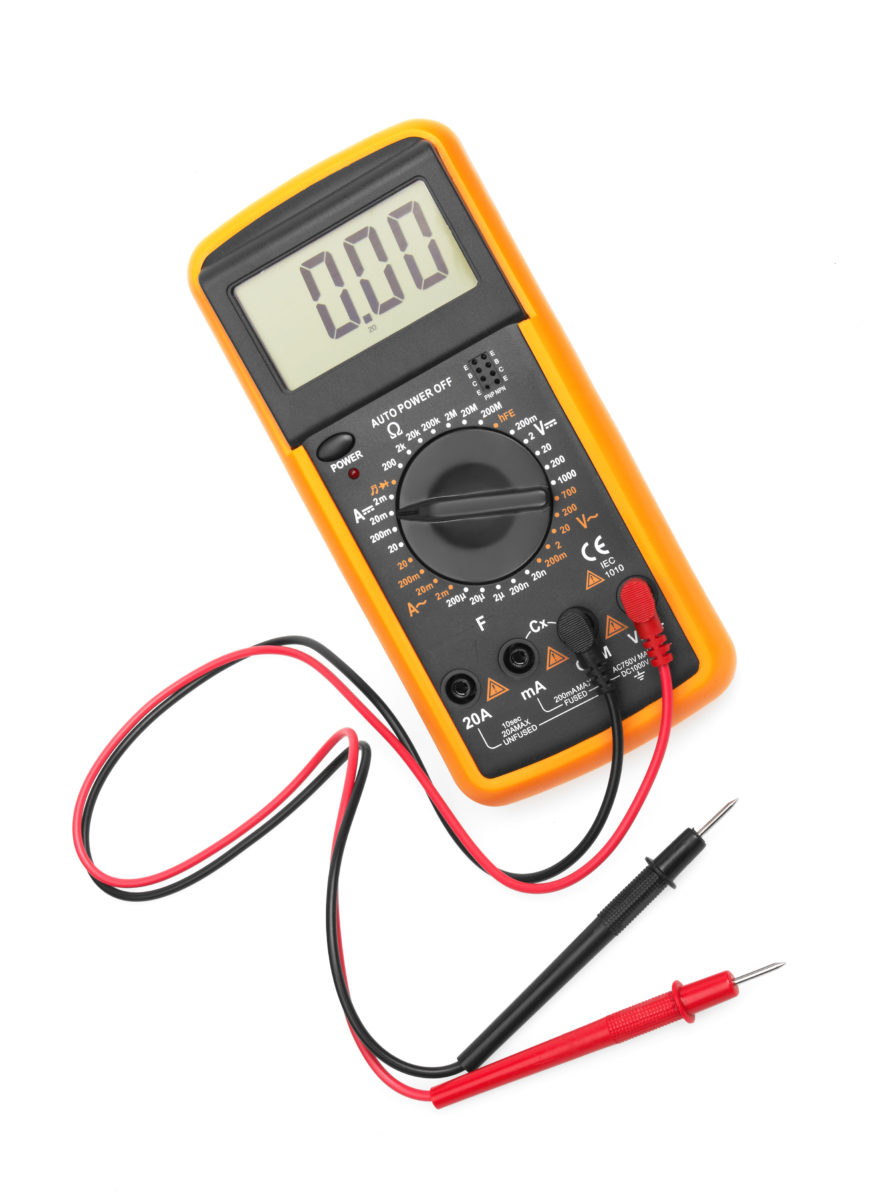
Multimeter Maintenance and Care Tips
In terms of multimeter maintenance, proper storage is of the utmost importance, and will greatly extend the instrument’s usable life. Occasionally, operators will experience a blown multimeter fuse. This can be the result of natural degradation, a fault in the meter, or measuring electrical properties too great for the multimeter to handle. Once a fuse is blown, it must be replaced for the multimeter to function again.
Operators should also routinely inspect their multimeter test probes to check for cracks, twists or breaks. Not only could any of those issues lead to faulty measurements, but they can be dangerous as well. If exposed metal or cracks in the casing of the instrument are visible, it should be sent to a qualified service facility for repair or discarded. Lastly, operators should regularly check the multimeter’s batteries and change as needed to ensure accurate measurements are produced. Battery corrosion can render a multimeter irreparable.
Need to Purchase, Repair or Calibrate a Multimeter?
Contact your local Michelli Weighing & Measurement office today to speak with a product specialist about purchasing a new multimeter, or having our experts perform service on a multimeter you already own.
